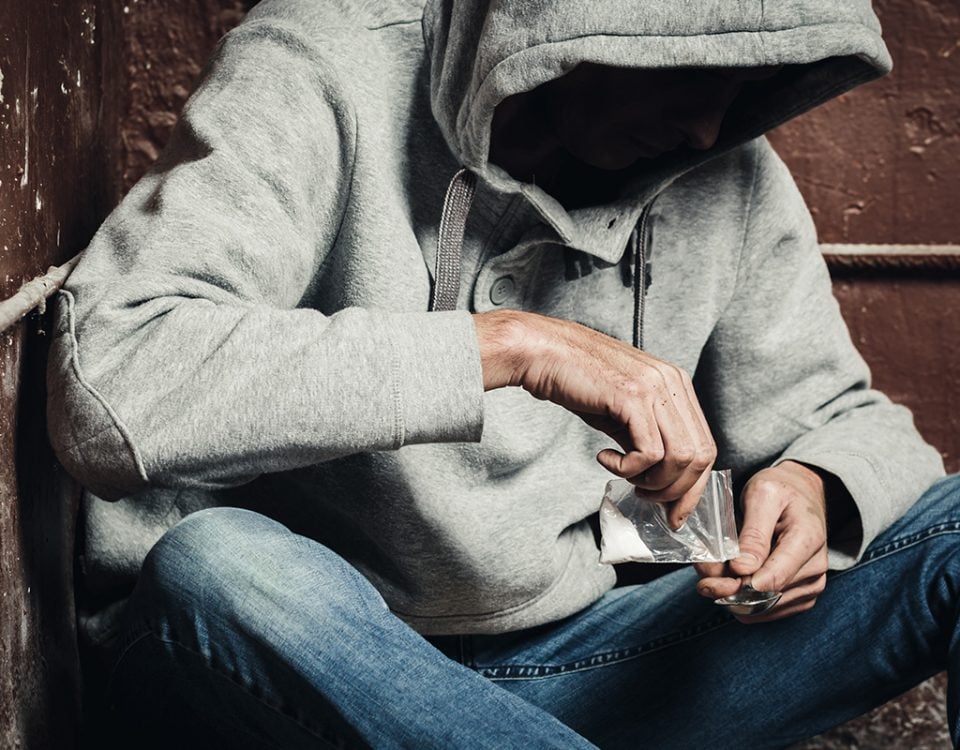As an alcohol detox center in the Coachella Valley, we know that alcohol is a unique substance of abuse.
Not only is it legal in the United States for those over the age of 21, but it has some mixed effects. Sometimes, alcohol can make you feel like the life of the party. Other times, alcohol is the fastest way to a premature nap. With such unclear changes in energy, it is hard to know what class of drugs alcohol is classified in or how your body will react to this perplexing elixir.
Getting into treatment is easy with our free insurance verification
"*" indicates required fields
Is Alcohol a Stimulant or Depressant?
Stimulants are a class of drugs that excite the central nervous system and lead to an increase in energy levels, whereas depressants inhibit the central nervous system and make someone feel relaxed or tired.
Many people believe that alcohol is a stimulant because of its initial effects, but in reality, alcohol is a depressant. Although people who consume alcohol may feel euphoric and even more energetic at first, this is more so a result of alcohol’s ability to lower inhibitions.1 Because these initial effects are often desirable as well as alcohol’s addictive quality, some people are unable to control their drinking and eventually become alcoholics. At this point, they usually need professional alcohol addiction treatment to stop.
The initial effects of alcohol on the body may include stimulant effects such as:
- Euphoria
- Increased heart rate
- Engaging in risky behavior
- Impaired judgment
- Lowered inhibitions
These stimulant effects of alcohol tend to be short-lived, and eventually, the depressant effects of alcohol will kick in. There is also some evidence to suggest that the stimulating effects of alcohol are for smaller doses like before your blood alcohol concentration reaches 0.08 mg/l. Beyond this level of intoxication, alcohol will have more depressant effects.2
Some of the depressing effects of alcohol may include:
- Slowed breathing
- Decreased heart rate
- Lethargy
- Slowed reaction time
- Slurred speech
When too much alcohol is consumed in one sitting, these depressant effects can escalate to loss of consciousness, impaired breathing, coma, and even death without proper medical attention.
Although alcohol may be legal, it can also be dangerous and lead to serious problems. If you or someone you know has a drinking problem, get help. Our Palm Springs rehabilitation center offers treatment programs for people with alcohol abuse problems that range from mild to severe.
To learn more about us at Banyan Palm Springs, call us today at 888-280-4763.
Sources:









